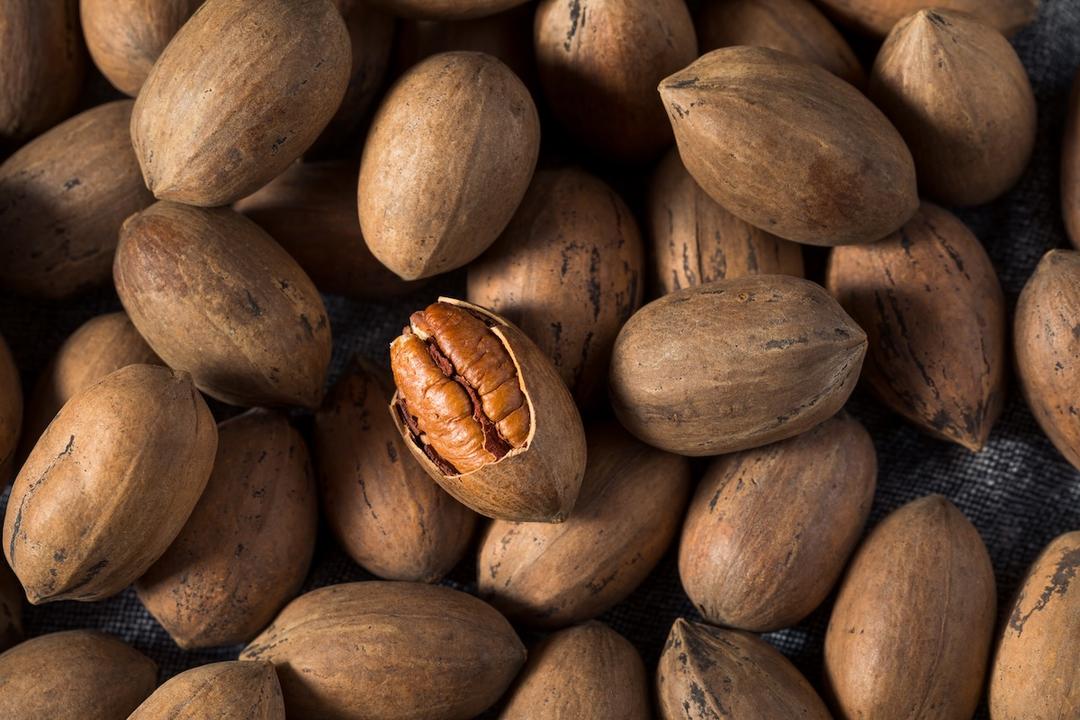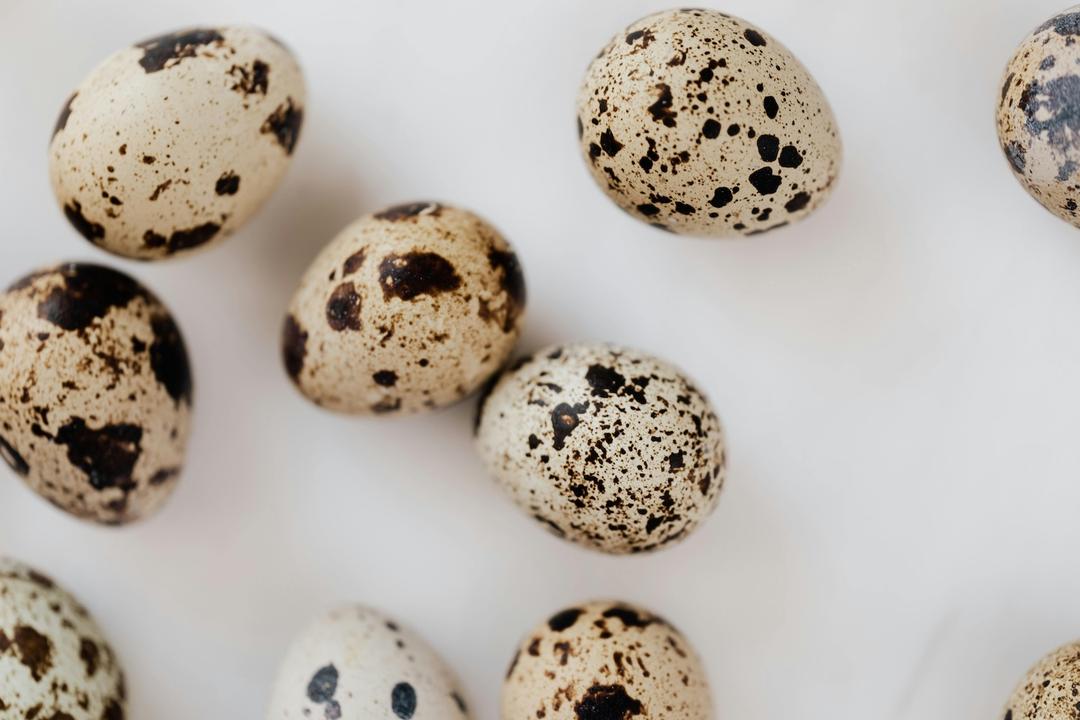🐾 These furry defenders have revolutionized livestock care in Texas—and they’re more than just cute.
If you’ve visited a farm or ranch on a Delve Experience, you may have noticed a big, furry dog lying calmly near the goats or sheep—barely moving unless something seems off. These are Livestock Guardian Dogs (LGDs), and they’re more than just cute companions. They’re hardworking defenders, playing a crucial role in protecting flocks from predators like coyotes and stray dogs.
But despite their steady presence on farms today, LGDs are relatively new to Texas agriculture, arriving in meaningful numbers only in the 1970s and 1980s. Their story here is one of quiet transformation—one that reflects how thoughtful adaptation from global traditions can revolutionize local farming.
🐕 A Tradition Thousands of Years Old
LGDs have been used for thousands of years across the world—from the highlands of Turkey to the mountains of France and the grasslands of central Asia. Breeds like the Anatolian Shepherd, Maremma, Akbash, and Great Pyrenees evolved alongside livestock, bred not for herding, but for calmly living with flocks and protecting them from danger.
When predator pressure became a serious concern for Texas ranchers in the late 20th century—especially with the decline of trapping and other predator control methods—LGDs proved to be a powerful solution. Texas A&M AgriLife spearheaded much of the early research and guidance around their use, and still leads efforts through its Livestock Guardian Dog Program in San Angelo.
Learn more: Texas A&M AgriLife – LGDs: Unsung Heroes of Livestock Protection
🐾 Calm, Watchful, and Fierce (When Needed)
LGDs don’t chase livestock, and they’re not aggressive unless they sense a threat. Instead, they blend in—living with goats, sheep, or chickens from a young age and forming strong bonds. That’s what makes them so effective: they guard what they love.
In Texas, Great Pyrenees and Anatolian Shepherds are among the most commonly used breeds, often adapted to specific terrain, livestock types, and predator threats. While dozens of LGD breeds exist worldwide, just a few have gained wide use here due to temperament, availability, and success in the field.
🌾 Why This Matters
For farms focused on regenerative or sustainable practices, LGDs offer a predator-management approach that doesn’t rely on fencing, poisons, or lethal control. They support both animal welfare and environmental balance, all while embodying the quiet dignity of the working animals who support our food system.
At Delve, we love spotlighting the real-life heroes behind your favorite experiences—including those with four legs and fluffy coats. Whether you’re visiting an alpaca farm or walking a goat trail, these dogs are part of the story too.
🧠 Learn More. Respect More. Delve Deeper.
Delve Experiences connects you to farms and the people (and animals!) who bring food to life. Our goal is to help you experience agriculture in a way that builds understanding, wonder, and real connection.
🐶 Keep an eye out for LGDs on your next farm visit—and maybe ask a few questions about their story.
📬 Subscribe to our newsletter to stay in the loop on new experiences and behind-the-scenes stories from farms across Texas.





